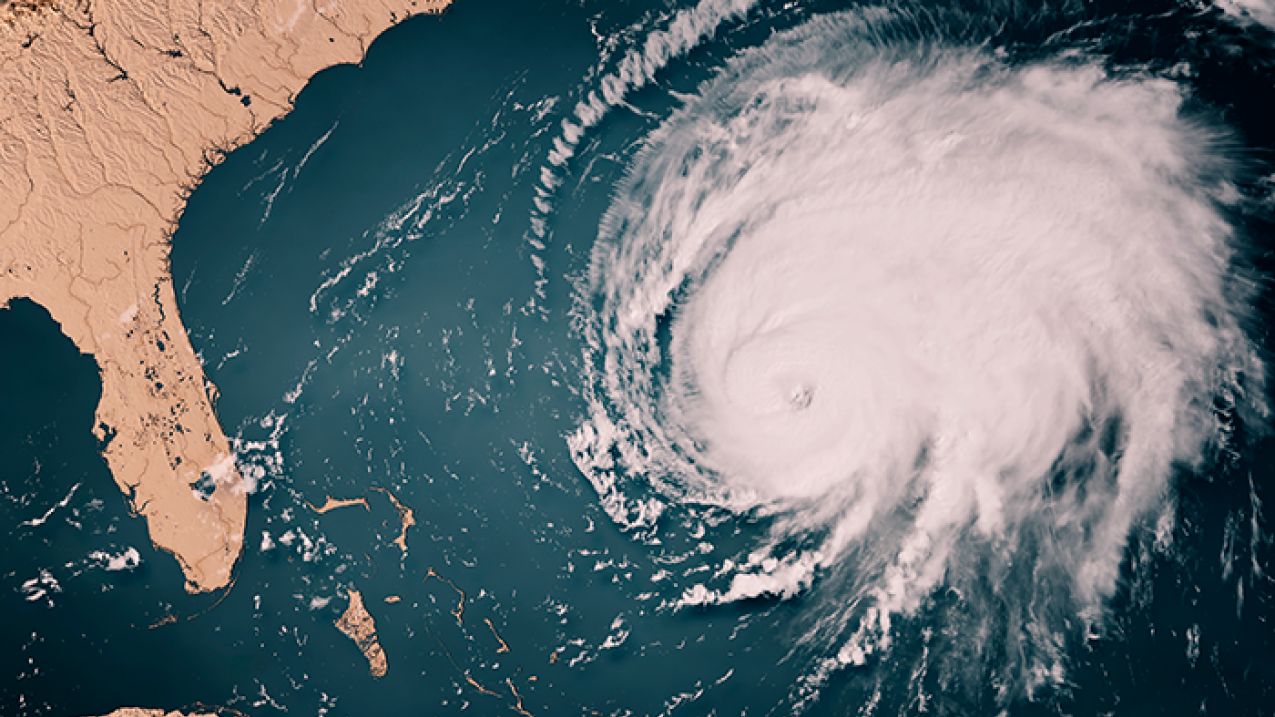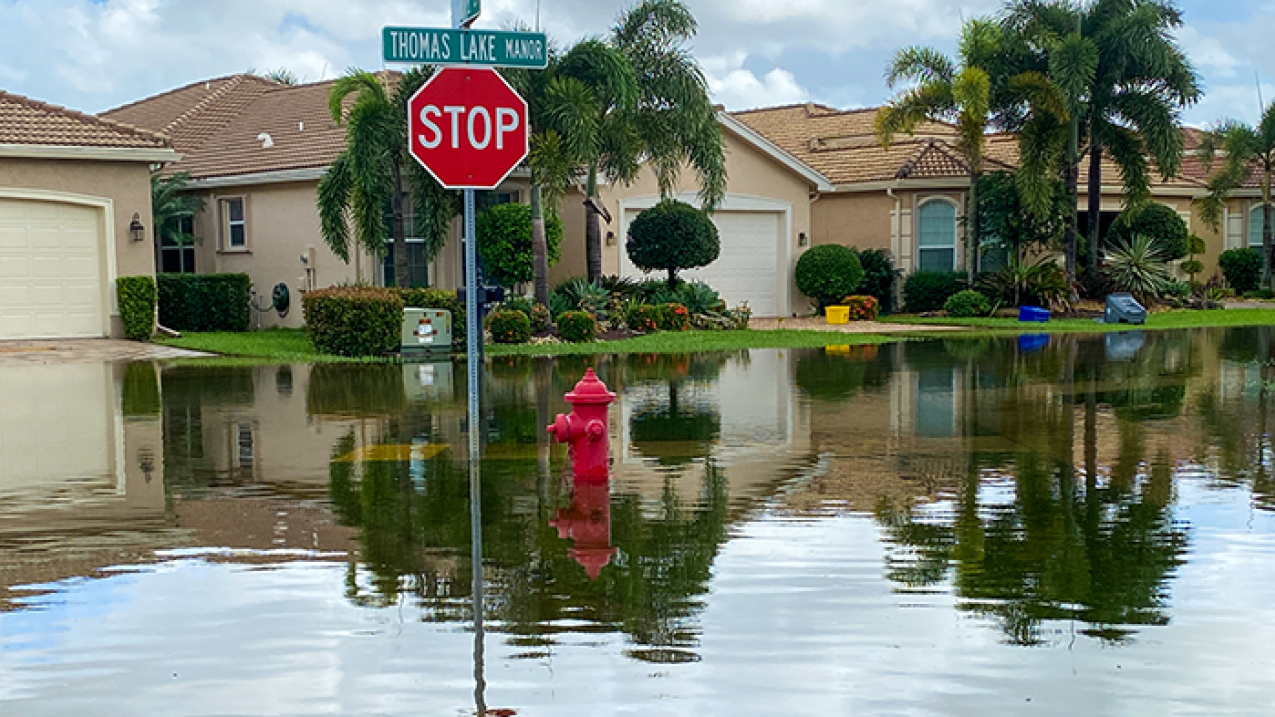As a hurricane weary Floridian, today's NOAA outlook - while not unexpected - is far from welcome. With the collapse of El Nino in the Pacific, and record-warm sea surface temperatures in the Atlantic, all of the major forecasts this spring now suggest we could see a record-breaking Atlantic tropical season.
While this doesn't tell us where these storms will have impact, it should serve as a head's up for anyone living anywhere within a few hundred miles of the Atlantic of Gulf Coast - or in the Caribbean - to take steps early to prepare.

From Escambia County Hurricane Preparedness Information
Some excerpts from today's NOAA press release follows:
NOAA predicts above-normal 2024 Atlantic hurricane season
La Nina and warmer-than-average ocean temperatures are major drivers of tropical activityNOAA National Weather Service forecasters at the Climate Prediction Center predict above-normal hurricane activity in the Atlantic basin this year. NOAA’s outlook for the 2024 Atlantic hurricane season, which spans from June 1 to November 30, predicts an 85% chance of an above-normal season, a 10% chance of a near-normal season and a 5% chance of a below-normal season.
NOAA is forecasting a range of 17 to 25 total named storms (winds of 39 mph or higher). Of those, 8 to 13 are forecast to become hurricanes (winds of 74 mph or higher), including 4 to 7 major hurricanes (category 3, 4 or 5; with winds of 111 mph or higher). Forecasters have a 70% confidence in these ranges.
The upcoming Atlantic hurricane season is expected to have above-normal activity due to a confluence of factors, including near-record warm ocean temperatures in the Atlantic Ocean, development of La Nina conditions in the Pacific, reduced Atlantic trade winds and less wind shear, all of which tend to favor tropical storm formation.
So, if you haven't already done so, plan a visit to NOAA's Weather-Ready Nation 2024's Hurricane Preparedness week web page, and decide what you need to do now to keep you, your family, and your property safe during the coming tropical season.

Know Your Risk: Water & Wind

Prepare Before Hurricane Season

Take Action Today
These are the real experts, and the only ones you should rely on to track and forecast the storm.If you are on Twitter, you should also follow @FEMA, @NHC_Atlantic, @NHC_Pacific and @ReadyGov and of course take direction from your local Emergency Management Office.





